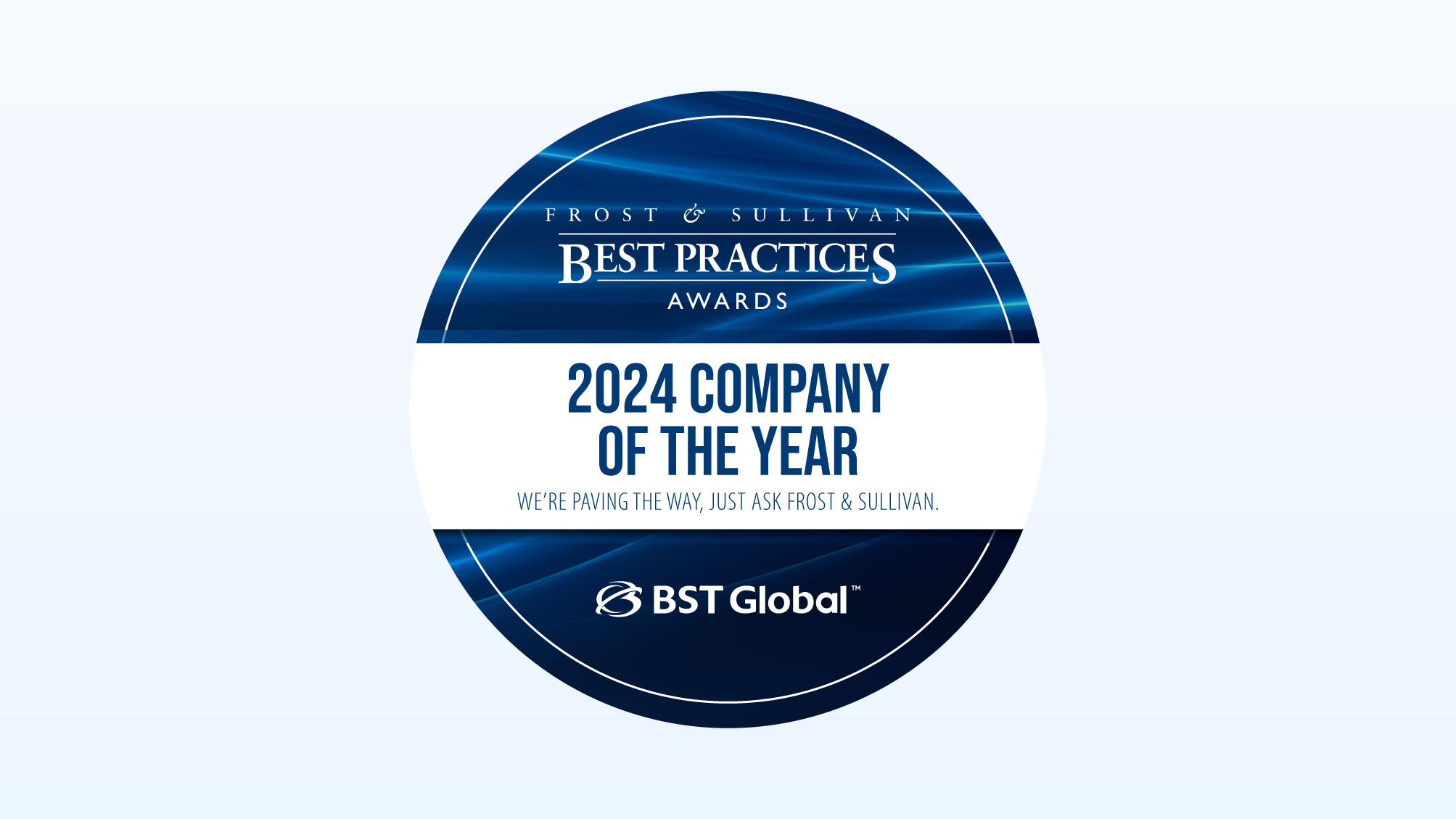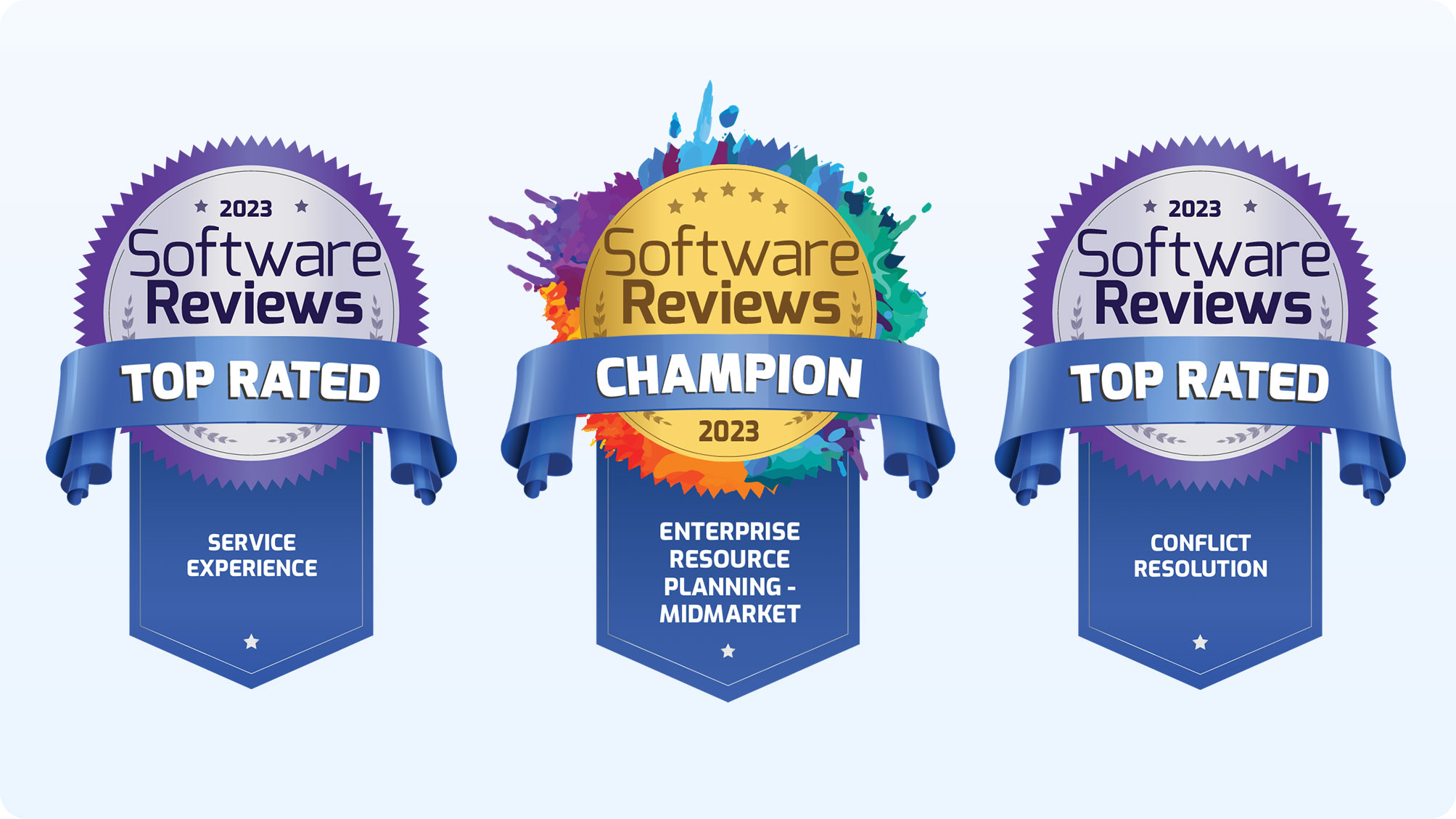Entering a new international market is not a decision you make overnight. It requires significant research, planning, and change. Is your firm prepared?
To help you succeed in the international marketplace, we’re kicking off a series of blog posts about glocalization best practices and recommendations for effectively doing business internationally. Continue to follow along with us to learn how to strategically leverage your resources and fuel your international growth.
Should we go glocal?
You may be wondering if it’s time for your firm to go glocal, or perhaps know it’s time but want to gain additional insight before taking your first steps. Or you might already be part of a firm that’s gone glocal, and are looking to make some course corrections.
Where ever you might be on this spectrum, I’d like to share some insights we’ve gained at BST by working with hundreds of consulting firms like yours around the world. I’ve grouped these insights into two categories – the common considerations that most firms take into account before expanding internationally (that I will address in this post), and then the common afterthoughts that a number of firms only consider after expanding and wish they had contemplated sooner (that I will cover in subsequent posts).
Common considerations
1. Legal
In 1977, the United States passed the Foreign Corrupt Practices Act – or FCPA – which made it illegal for companies to influence anyone with personal payments or rewards. Further amended in 1988 and then 1998, the FCPA applies to U.S. businesses as well as non-U.S. businesses that trade securities in the U.S. It also applies to U.S. nationals, as well as foreign nationals that are in the U.S. at the time of a corrupt act.
Then, in 2010, the United Kingdom passed the Bribery Act 2010, which raised the bar on the FCPA and is now considered to be one of the toughest pieces of anti-corruption legislation in the world. In sum, the U.S. FCPA and the U.K. Bribery Act, and other similar laws around the world, have helped drive legal considerations top of mind for design consultancies that are looking to expand their business into new parts of the world. And beyond these anti-corruption laws, we find that globally-minded firms are focused on understanding and complying with any local legal requirements in a new market, be they statutory or regulatory requirements.
2. Safety
Beyond legal considerations, most firms carefully assess the safety of doing business in a target market, taking into account the local socio-political climate and carefully considering whether it will be safe for employees to work there. And even in stable markets, firms commonly take the time to assess the weather, terrain and other physical conditions that can contribute to a hazardous work environment, and factor that into their market entry decision.
3. Culture
Culture is another common consideration of firms looking to go glocal – including an assessment of the business culture in the target market and the compatibility of a firm’s internal culture in that target market. There are times that a firm will need to adjust its culture in order to better serve a new market, and attract and keep local talent.
4. Brand
A fourth common consideration is brand. As firms look to expand their footprint, they will often look at their brand and assess its fit, differentiation, and reception in their target markets. Sometimes branding needs to evolve in order to represent a more global practice or connect to a particular market.
All told, legal, safety, culture, and brand considerations are 4 vital components of going glocal. Any globally-minded consultancy should take the time needed to thoughtfully address each of these in their strategy. In my next post, I’ll dig deeper on what we see as common afterthoughts when going glocal – that is, the things that growing firms often wish they had understood and taken on earlier.
Do you have any successes or lessons learned while planning an international expansion related to the considerations above? Please share your experiences in a comment below.
Author’s Note: This is the second article in a series on glocalization as it relates to the architecture, engineering, and environmental consulting industry.



